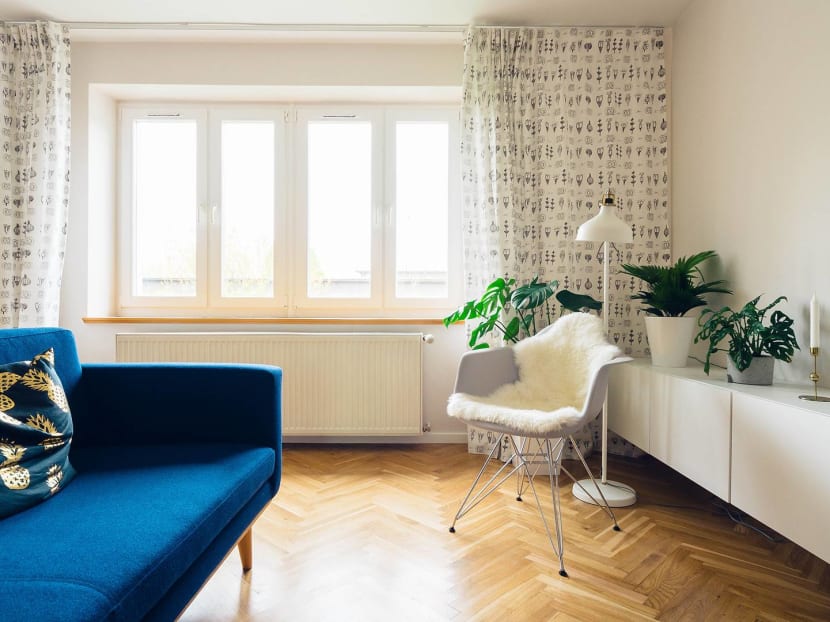8 Home Fengshui Tips You Should Know
Good vibes only.
You're a homebuyer who's about to make the biggest purchase of your life. You want to fengshui your new place, but you’re feeling the pinch from the imminent expenses — downpayment, renovations and, you know, adulting, in general. Instead of paying a fengshui master to do it, buy a book, or three, and DIY.

DIY with the help of Malaysian fengshui guru Joey Yap’s series of three books, Feng Shui for Homebuyers — Apartment, Exterior (for landed properties), and Interior — that are brimming with insider tips, charts and even useful fengshui checklists for the uninitiated. With 20 years of experience and over 160 books under his belt, Joey draws crowds of up to 20,000 at seminars worldwide, and was conferred a datukship at 36.
Scroll on for DIY home fengshui tips we picked up from Joey Yap’s book series, Feng Shui for Homebuyers.
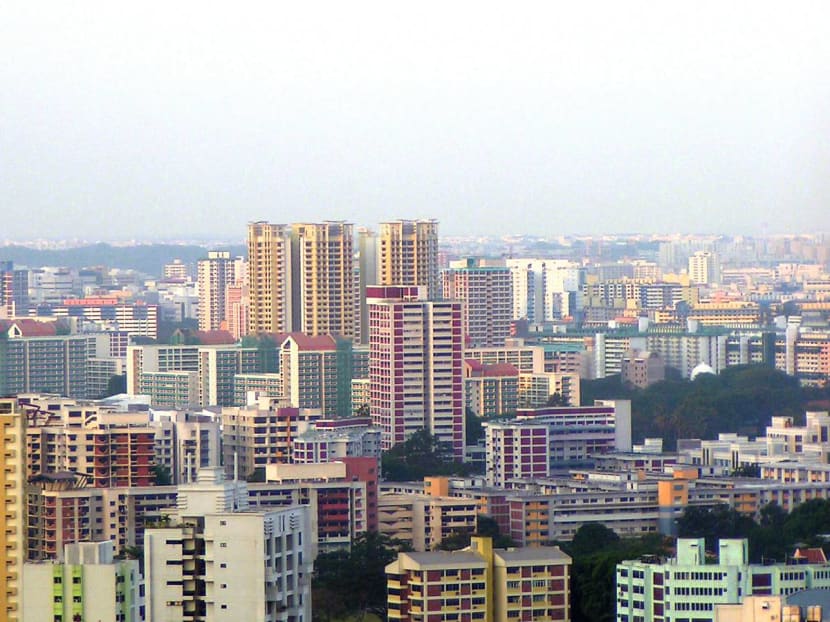
“The presence of Water [which governs wealth and includes rivers and large drains] and Mountain [which governs People] are essential basics for the creation and generation of Qi in any environment... An area that has neither Water nor Mountain is not going to be very prosperous or very good for health.”
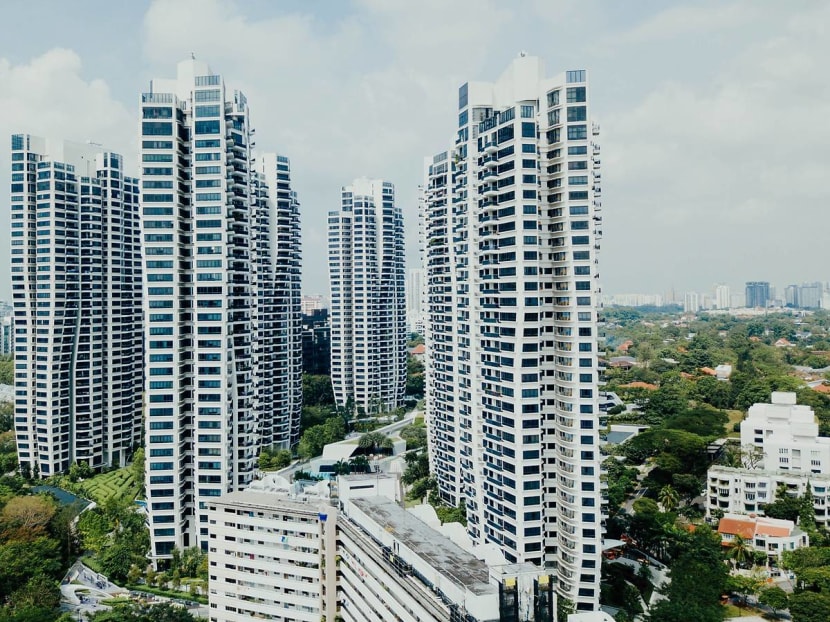
“Avoid buildings that have unstable shapes, such as buildings that are lopsided, shaped like a wedge or that are overly thin or very narrow. If the building looks flimsy (nothing to do with its construction, but the shape), you should also pass on these options.”
This can be a monsoon drain or a river… Residents in such a property will find their financial status worsening or health deteriorating over time.”
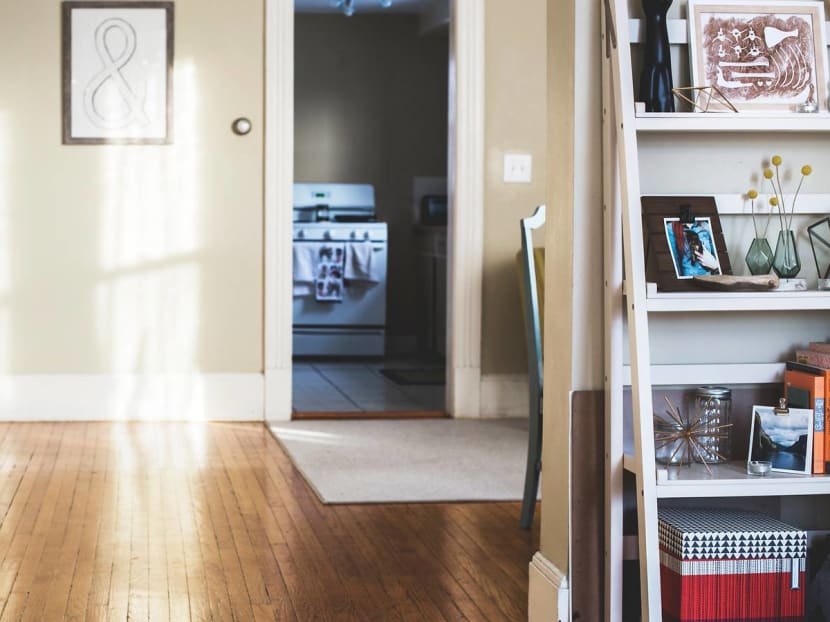
And the less likely you will have problems with sharp corners or missing sectors… Occupants of an apartment that has an odd shape will also find they are frequently not at peace or feel disorientated.”

...For Qi to collect and circulate. Sometimes, when you enter the main door, the immediate area [after you enter the main door] feels damp, dark, gloomy and musty. It usually denotes illness in the house.”
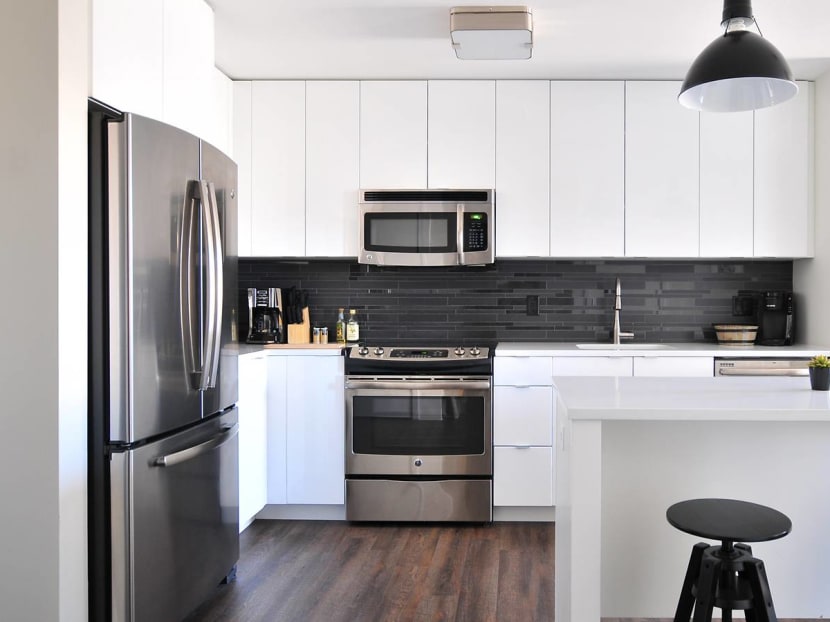
That’s where Qi flow should be subtle and peaceful. It creates instability, long-term and niggling health issues or problems.”
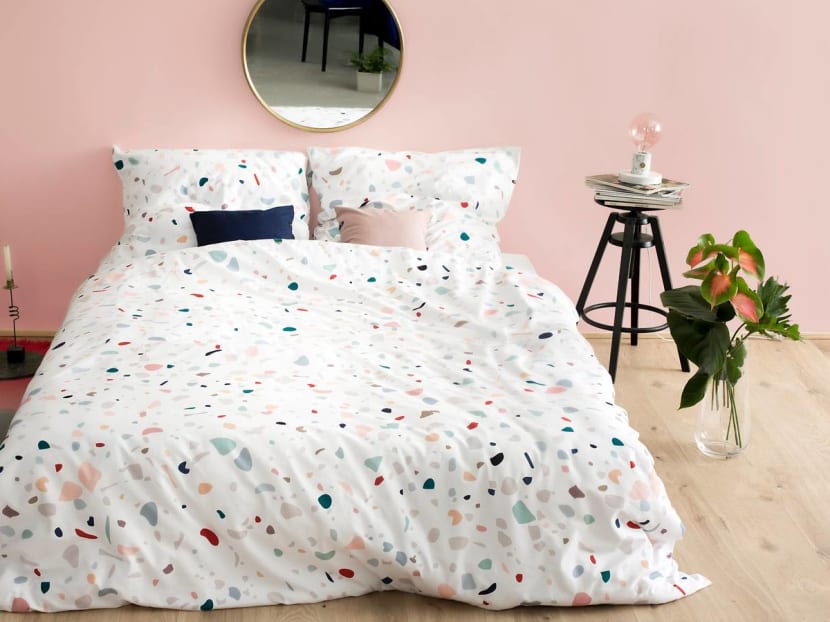
Sleeping against a Yang feature [such as a window] will create an imbalance in sleep, resulting in a decline in performance and health problems…The headboard of the bed should be placed against a wall.”

This causes disrupted sleep and results in poor job performance and health and work pressure problems.”
Fengshui For Homebuyers: Interior, Fengshui For Homebuyers: Exterior and Fengshui For Homebuyers: Apartment are $32 each. Available at store.joeyyap.com.
Photos: Unsplash, Joey Yap
(This story first appeared in print on 8 DAYS magazine in August 2017.)

